Sen. Bam: Is the Philippines ready for cyberattacks?
A senator has filed a resolution to determine if the Philippines is ready for cyberattacks after the recent global ransomware cyberattacks that infiltrated computers in 150 countries around the world.
“We want to hear from the experts from government and also from our Pinoy tech firms on whether our country is prepared for these cyberattacks and what should be done prevent them,” Sen. Bam Aquino said in Senate Resolution No. 381.
“Cyberattacks are a real threat to Filipinos. We need to make sure that bank accounts, online passwords, personal information, and both private and public information systems are protected,” added Sen. Bam, chairman of the Committee on Science and Technology.
According to news reports, the cyberattack used the program “WanaCryptor 2.0 or WannaCry” to infiltrate at least 300,000 machines all over the world. The program locks and encrypts the computer files or ransom. If unpaid, the ransom increases over time until the end of a countdown, when all the files are destroyed.
Among the major victims are delivery giant FedEx, the National Health Service of Britain, Russia’s Interior Ministry and several universities in China.
While there is no reported Ransomware attack in the Philippines, Sen. Bam wants to ensure that private information of Filipinos, as well as online systems and services, are secure.
“Hindi tayo dapat magkumpiyansa. Kailangan nating masiguro na ang bansa ay handa sa posibleng mangyari upang hindi maapektuhan ang ating sistema sa anumang pag-atake,” said Sen. Bam.
The resolution also aims to look into the implementation of the National Cybersecurity Plan 2022, which was unveiled this month by the Department of Information and Communications Technology (DICT).
The National Cybersecurity Plan, among other things, seeks to establish the National Computer Emergency Response Team (NCERT) to enable the government to swiftly respond and recover from cyberattacks.
Sen. Bam has been pushing for the improvement of internet quality in the country and is the principal sponsor and co-author of the Free Internet Access in Public Places Act in the Senate, which is expected to become law soon.



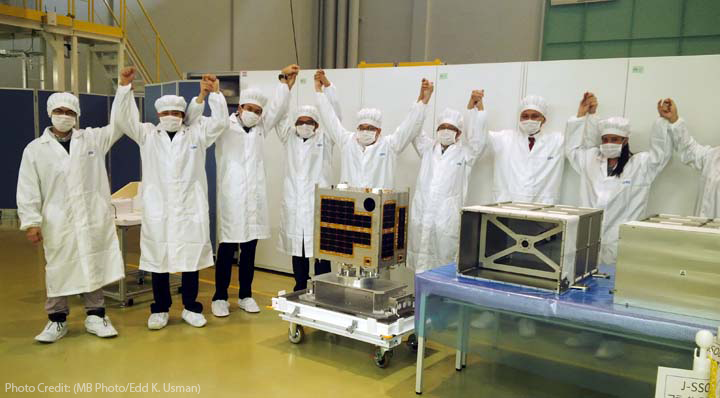
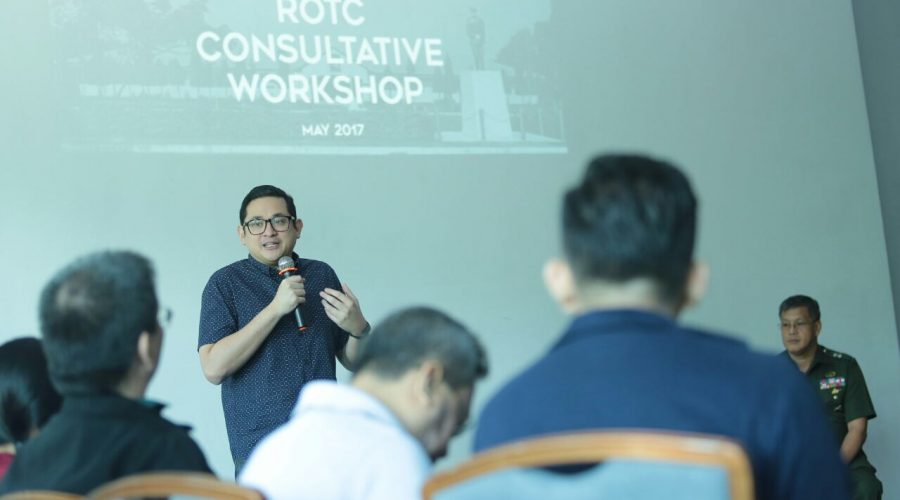
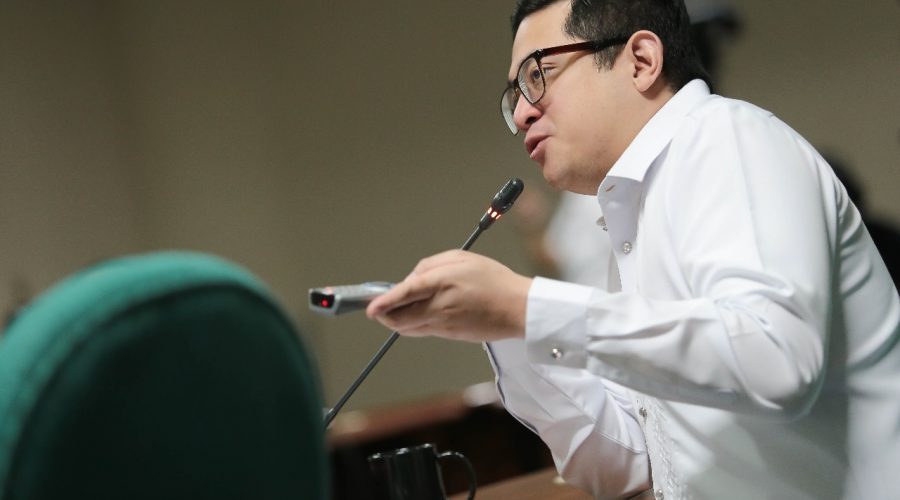
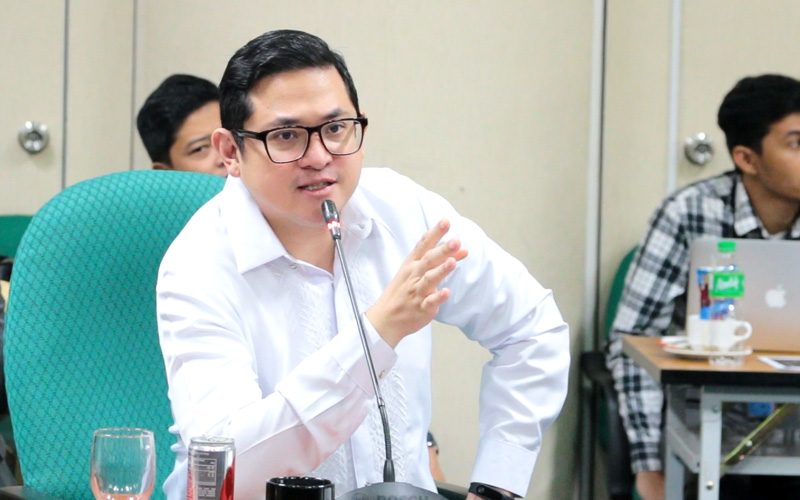
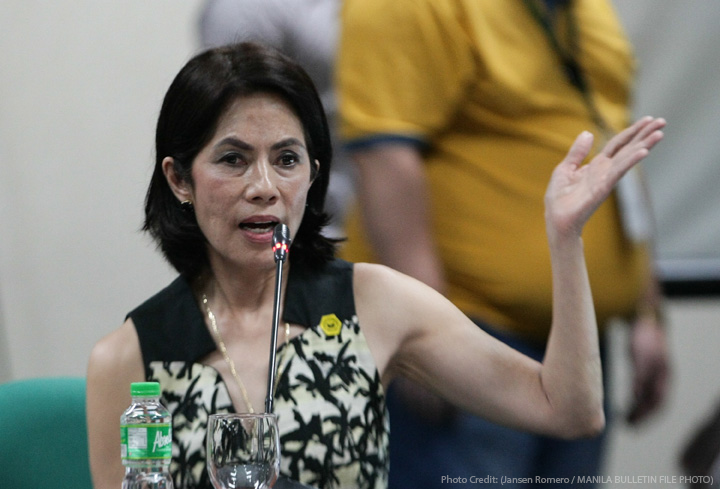
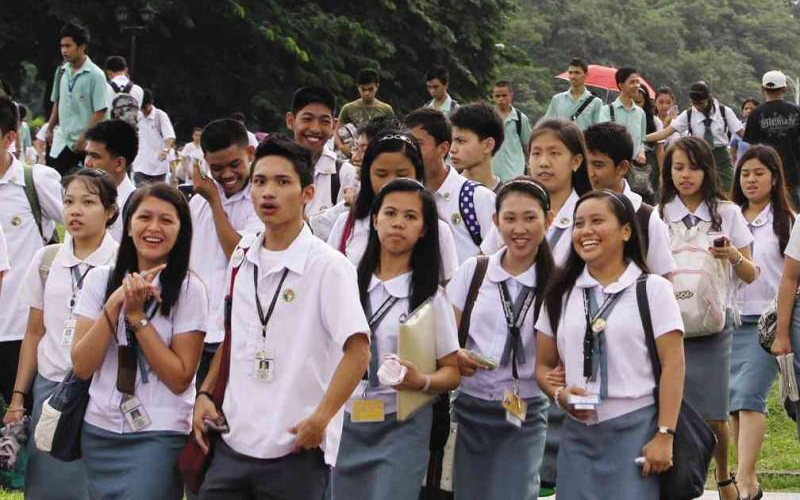

Recent Comments